The egg people. Never forget the egg people.
It’s time to revisit who they are and what they do, and it seems their existence has not been missed by special counsel Robert Mueller, as a new report from Bloomberg says Mueller’s investigation is taking an intense look at how social media was used to upend things in the 2016 election.
Mueller’s team of prosecutors and FBI agents is zeroing in on how Russia spread fake and damaging information through social media and is seeking additional evidence from companies like Facebook and Twitter about what happened on their networks, said one of the officials, who asked not to be identified discussing the ongoing investigation.
The ability of foreign nations to use social media to manipulate and influence elections and policy is increasingly seen as the soft underbelly of international espionage, another official said, because it doesn’t involve the theft of state secrets and the U.S. doesn’t have a ready defense to prevent such attacks.
Anybody who paid relatively close attention to social media during the election saw the flood of bizarre, sometimes blatantly false website that popped up, claiming things like, Hillary Clinton is the love child of Adolf Hitler and a demonic entity, or that Ted Cruz’s dad was connected to the assassination of John F. Kennedy.
Oh, wait… that last one was from Donald Trump.
On Twitter, the egg profile images and broken English were a dead giveaway that you were likely interacting with a bot, and they would push out pro-Trump stories, as well as the conspiracy theories involving the Clinton crime family.
Agencies including the Office of the Director of National Intelligence and the Federal Bureau of Investigation are now examining what could be done to prevent similar interference and espionage in future elections, starting with the 2018 midterm congressional vote, the official said. At the same time, Russia is ramping up its hacking operations, Director of National Intelligence Dan Coats said.
“Russia has clearly assumed an even more aggressive cyber posture by increasing cyber espionage operations and leaking data stolen from those operations,” Coats said Wednesday at the Billington Cybersecurity Summit in Washington.
Facebook has recently announced that they found about $100,000 in ads from fake accounts, very likely originating in Russia, and efforts are under way to cut back on fake accounts and what they consider “click bait.”
Intelligence Committee Chairman Richard Burr, a North Carolina Republican, said Tuesday that it’s “probably more a question of when” than if there will be a hearing with Facebook officials as part of his panel’s probe. Mark Warner, the committee’s top Democrat and a former telecommunications company founder, said Facebook’s revelation appears to be “the tip of the iceberg. I think there’s going to be much more.”
Representative Adam Schiff of California, the top Democrat on the House intelligence panel, said that committee also has “been in discussions with the technology companies, including Facebook.”
“They have briefed our staff on their most recent report, and I’ve had a briefing several times,” he said in an interview. More information is being sought from Facebook, but Schiff wouldn’t provide details.
For their part, officials with Facebook say they’re working fully with investigators, regarding how Russia may have used their platform to promote “fake news.”
Richard Ledgett, the former deputy director of the National Security Agency who retired earlier this year, said it’s unlikely that social-media companies knew how Russia was using them before the election because U.S. intelligence agencies didn’t even fully grasp what was happening.
The NSA had some knowledge before the election of the computer infrastructure Russia was using, but it was looking abroad and not at what was happening through social media in the U.S., Ledgett said in an interview.
“The surprise was the integration into a whole campaign,” Ledgett said. “It’s the amplification of some stories and the suppression of other stories to bias you. That’s really hard to fight against. That’s where people need to think critically.”
Think critically. Or just think. That’s asking a lot, these days.
So what options are available to fight this new era of foreign invasion?
One suggestion is for intelligence agencies to work more closely with social media companies, sharing what information they have, in order to keep those platforms on alert.
And while the president is unwilling to admit there’s a “Russia problem,” even his newly minted FBI Director Christopher Wray admits the focus is on a particular player.
“The FBI also has a counterintelligence mission, which is more of a forward-looking mission, just more geared towards prevention — that is prevention of Russia interference in, say, a future election,” Wray said at the conference, hosted by the Intelligence and National Security Alliance. “I’m impressed with the strides that are being made on that front.”
Welcome to the modern age.


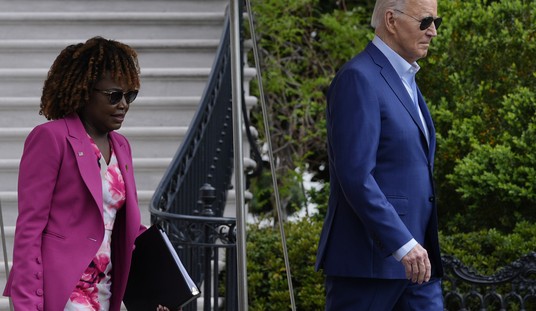

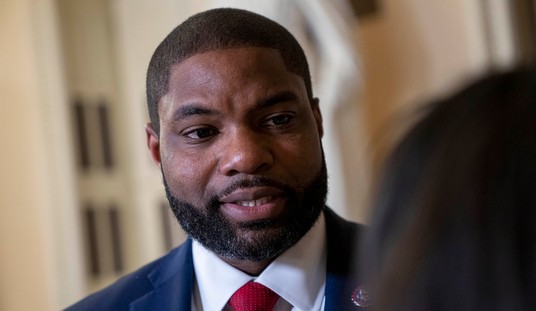

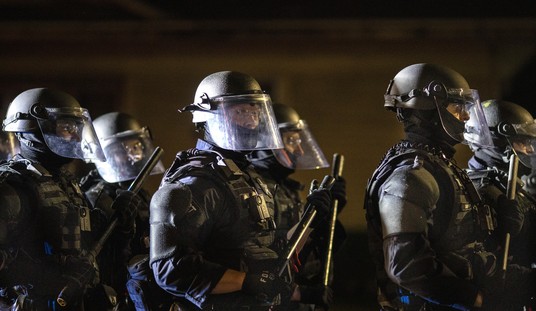


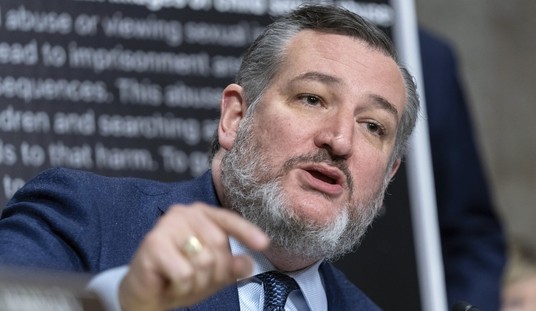
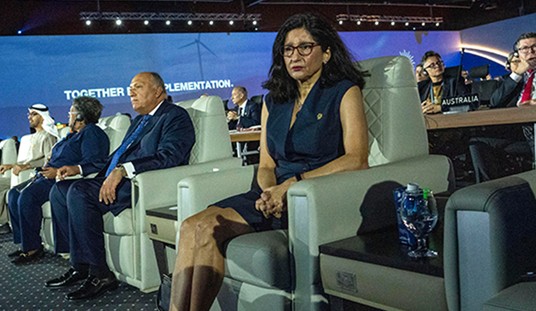



Join the conversation as a VIP Member